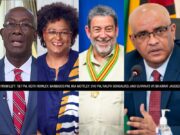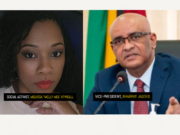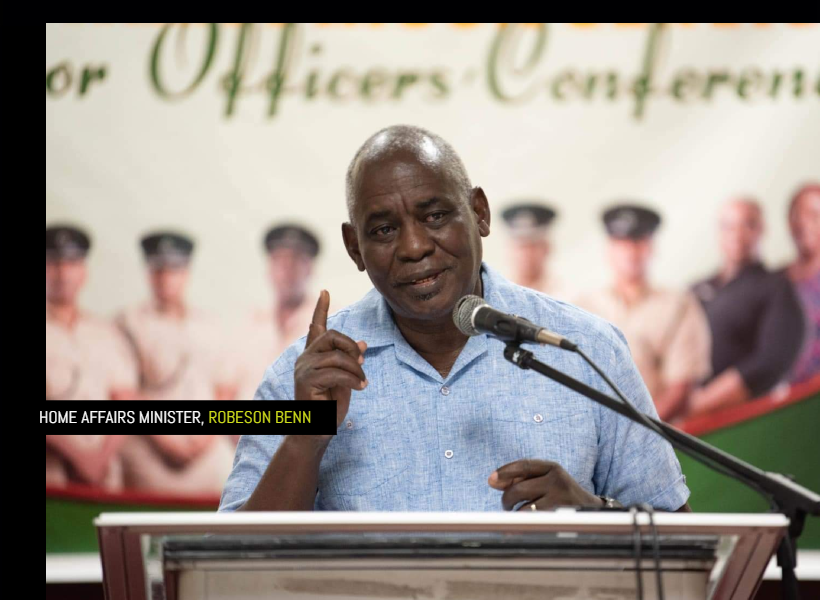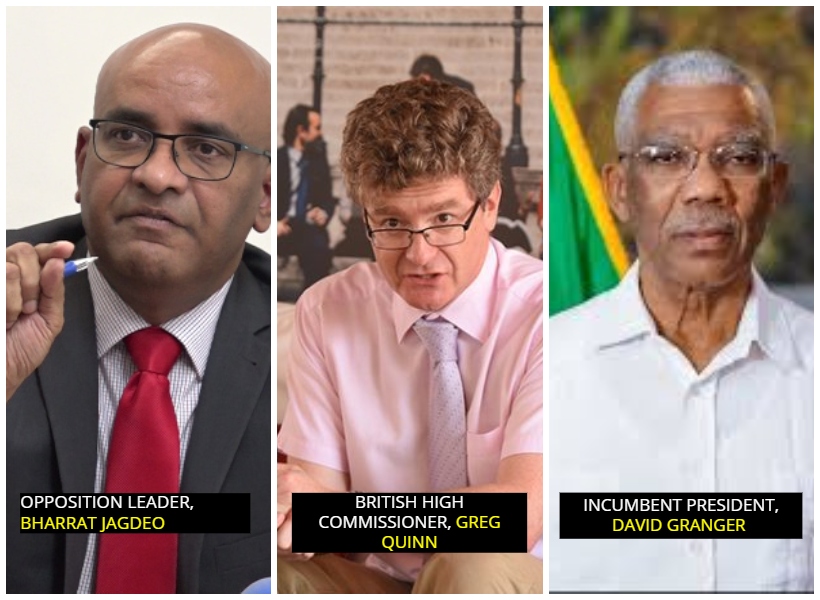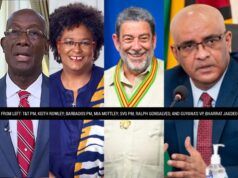It is often said that one of the ugliest demons plaguing Guyana’s society for years is racism. But is it really? Or is it the poisoned relations between political parties that date back to the 50s? In the eyes of British High Commissioner Greg Quinn, Guyana’s real problem may not necessarily be one of race as this seems to be only incited or provoked during the elections period. Based on his observations, one of Guyana’s main problems is the unaddressed issues between the major political parties and their supporters. With this in mind, the envoy posits that Guyana needs a period of reconciliation amongst its politicians.
Ambassador Quinn made these and other comments during a discussion on Guyana’s political landscape. Hosting the discussion was Canning House, one of the UK’s leading forums for contacts, thought-leadership and pragmatic debate on Latin American political, economic and social trends and issues.
Quinn opined that once a declaration of the results for the 2020 polls is had, Guyana needs to begin the discussion of constitutional reform. In doing so, he said that the citizenry must be integral to the process while noting that they should be asked what it is that they want to be part of their Constitution. The politicians he said will also be key to the process since crucial changes to the Constitution will require two- thirds of the National Assembly to give their blessings.
Taking this into account, Ambassador Quinn said that the politicians who will be brought to the table will essentially need to have a frank discussion about the deep seated issues that have affected both sides and ultimately hindered the extent to which they have been unable to work together for the greater good of the people.
“…People have grievances from since the 50s and there is a need to get them out and addressed so we can get to the point of changing the system and have reconciliation…,” the envoy said.
At the end of the day, Quinn said that Guyana’s politicians need to think about the best interest of all and in so doing , ask themselves “what the problem really is, what do we need to do to fix it and how can we get there…”
